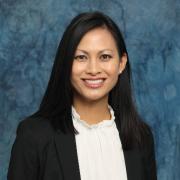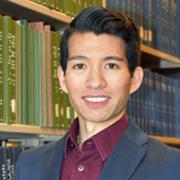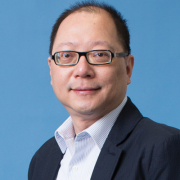Research Updates
Updated January 2025
We conducted a literature review on COVID-19 impact on South and Southeast Asian (S/SEAn) communities and on solidarity economy, and interviews and focus groups to assess both the impact and what the communities see as critical interventions that would enhance their socio-economic well-being. We shared our preliminary findings through community convenings throughout California and nationally. The study reveals the many challenges facing vulnerable S/SEAn families as a result of the pandemic, that are both particular and cross-cutting. While there are commonalities with the experiences of other vulnerable populations in the US such as social isolation, jobs and income loss, housing and food insecurity, there are also distinct challenges such as language barrier, racially motivated violence and re-traumatization, as well as precarities such as poverty that predated but are exacerbated by the pandemic. The study reveals critical gaps in the implementation of government programs and systemic inequities that deny communities in high need of essential services and support, as well as the resilience and resourcefulness of these communities in the face of adversity.
Proposed Research and Background
Throughout the pandemic, Asian Americans (AAs) have faced a compounding triple crisis of health vulnerability, anti-Asian violence, and widespread economic insecurity, registering one of the highest unemployment rates across all racial groups, high representation in frontline and high COVID-impacted economic sectors, and pre-existing socio-economic and health precarities. Yet, there is little scholarship on the social and economic impact of COVID on Asian Americans, and even less on the more vulnerable and less visible subgroups such as low-wage workers, newer Southeast Asian refugees, and the undocumented. The existing few studies on Asian Americans tend to adopt a pan-Asian framework without consideration of the differences and disparities within and among communities. Most focus on health and do not go beyond identifying the problems.
Given these existing gaps in evidence, our project aims to:
- assess the research landscape on COVID impact on AAs;
- assess COVID impact on the economic, health, and social well-being of South and Southeast Asian (S/SEA) lower-skill, low-wage workers and new refugee communities; and
- engage those communities in multigenerational conversations about the potentiality of solidarity economy, particularly home caregiving cooperative, as a pathway to greater economic security, mutual aid and self-determination.
We have identified homecare as one intervention focus because of existing needs in the community and complementarity of skills, aptitudes, and cultural values that many AA low-wage workers already possess. To capture these insights, we are conducting four (4) focus groups and 50 one-to-one interviews with S/SEA workers in vulnerable sectors, students, community advocates, and immigrant and refugee serving organizations. We plan to widely disseminate our research findings and to make them accessible to our community partners for their own advocacy and program development.
Collaborators
- Asian Immigrant Women Advocates
- National Cambodian American Organization






